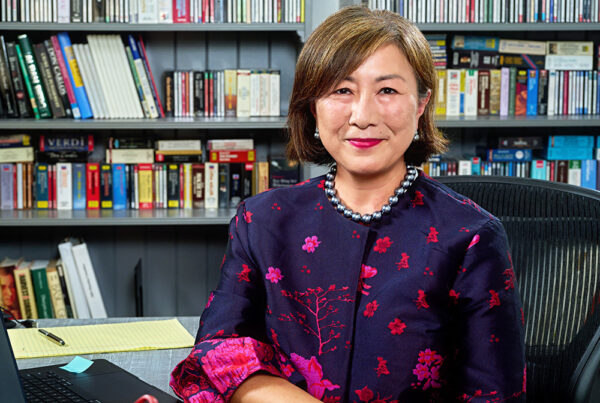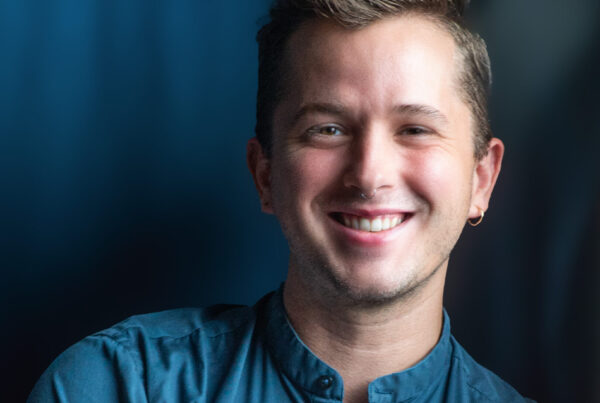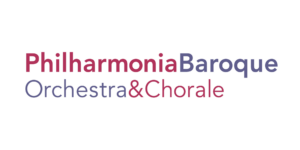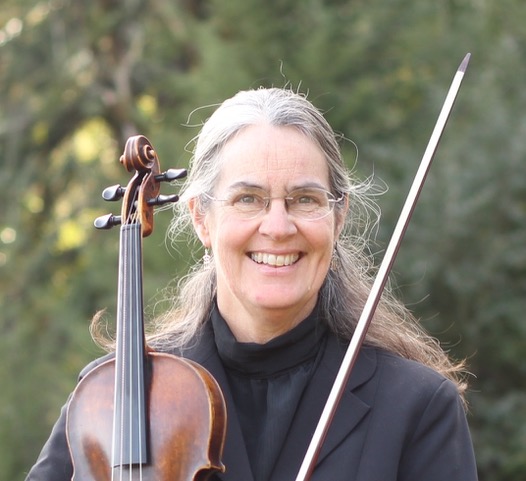
Maria has performed with Philharmonia since the very beginning, starting with fundraisers in 1981 and the first official concert in 1982. She got her start as a musician in public school music programs, and was drawn to the violin because of an instrument in her mother’s closet. Parallel to her music career, Maria has enjoyed being a homemaker and mother, having goats, and working with fabric and quilts.
When asked about why she was drawn to historical performance, she responded:
“There was a lot of interest in medieval and renaissance music when I was in high school. It was closely connected to the countercultural ideas of the time through things like The Renaissance Faire, all of which was new and exciting. My sister and I played recorders together. In orchestra I was always most drawn to baroque music. Finally, at New England Conservatory there was an early music department, and I found my people there.”
We asked Maria a few questions:
Tell us about a favorite guest artist from your time with Philharmonia and what you enjoyed most about working with them.
Philharmonia musicians have always really enjoyed the soloists who played with us, especially the singers who became friends through multiple appearances with the orchestra. Dominique Labelle was a special favorite of mine. She not only has the most beautiful voice, but she was the most down to earth diva possible. I remember that one time, using a broom, she swept the stage of detritus left from some church project as the orchestra assembled. What other diva would do that? Other favorites were Judy Nelson, Diana Moore and so many more.
When did you acquire your current instrument and what are some of its unique characteristics?
I bought my 1725 Tyrolian violin (I started as a violin player with Philharmonia) from a colleague in the first season of Philharmonia. It has been harder to find (and afford) a viola, but the one I play now is an anonymous instrument with an illegible label that is possibly from the Bavarian town of Fuessen. Could be 17th century, could be as late as 1800. It was found by a luthier in Santa Rosa who knew I was looking for an old, smaller viola.
What lesson from a mentor or teacher will stick with you forever?
In speaking about stage fright and fear of what others think, Kato Havas reminded us that we play music because we love it, and when we perform we are giving a gift to the audience, sharing our joy and love. In this way, anxiety can be circumvented. It was a lifesaver for me.
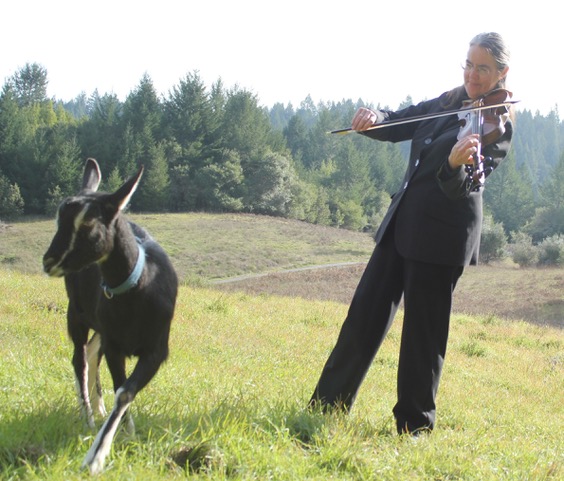
Make sure to read about our other musicians at philharmonia.org/about/meet-the-musicians

